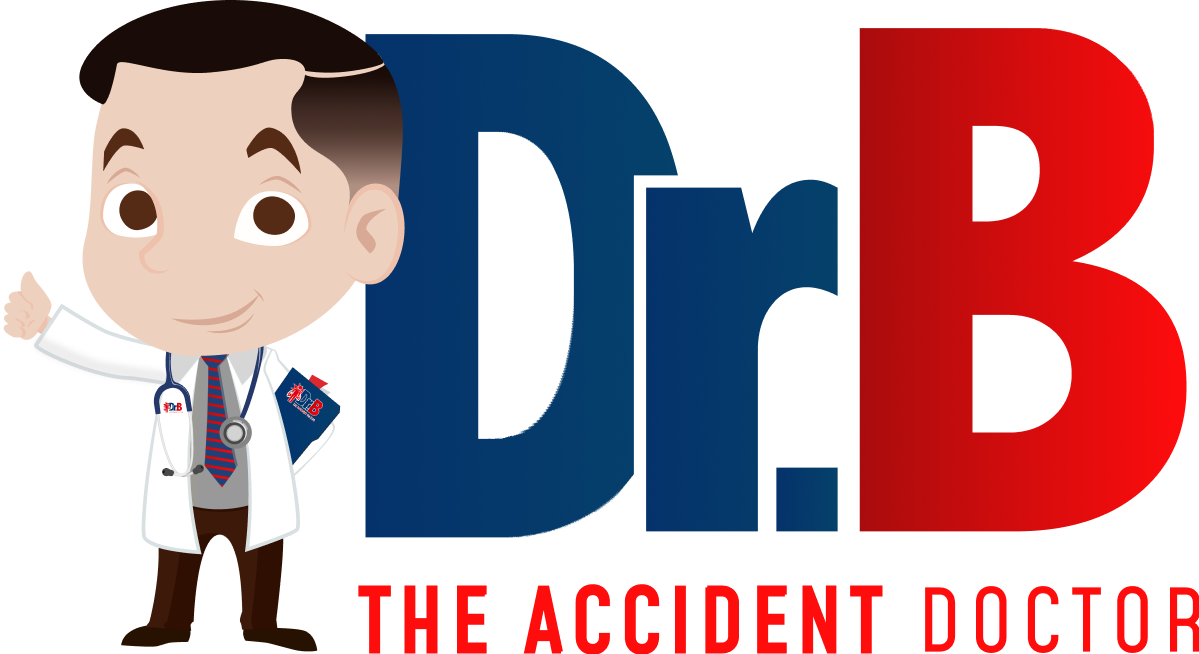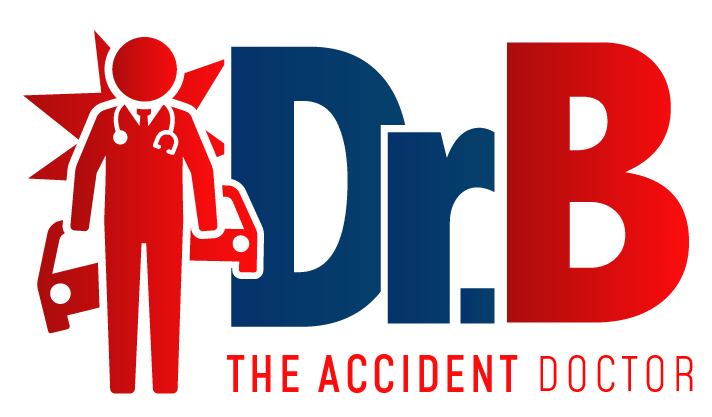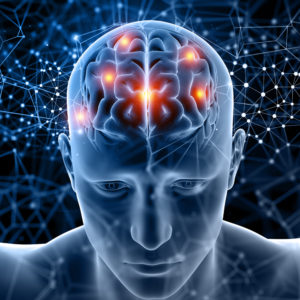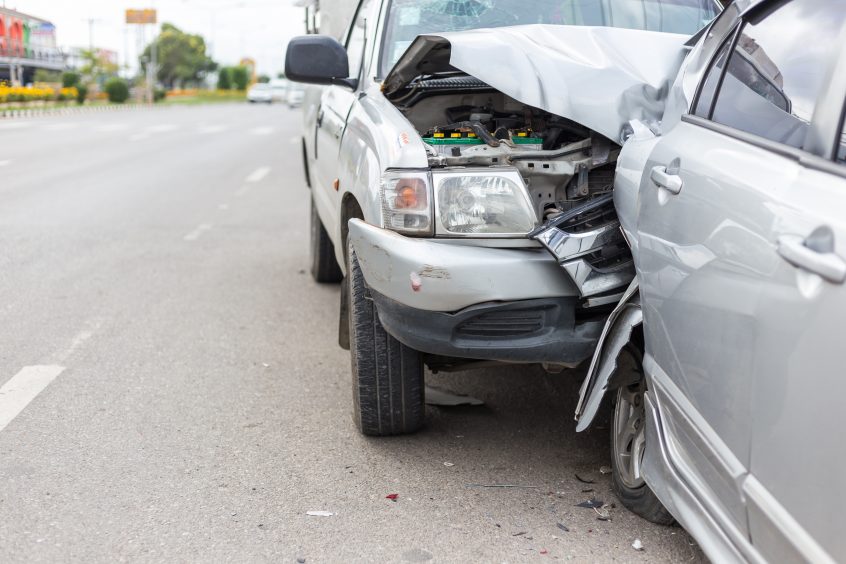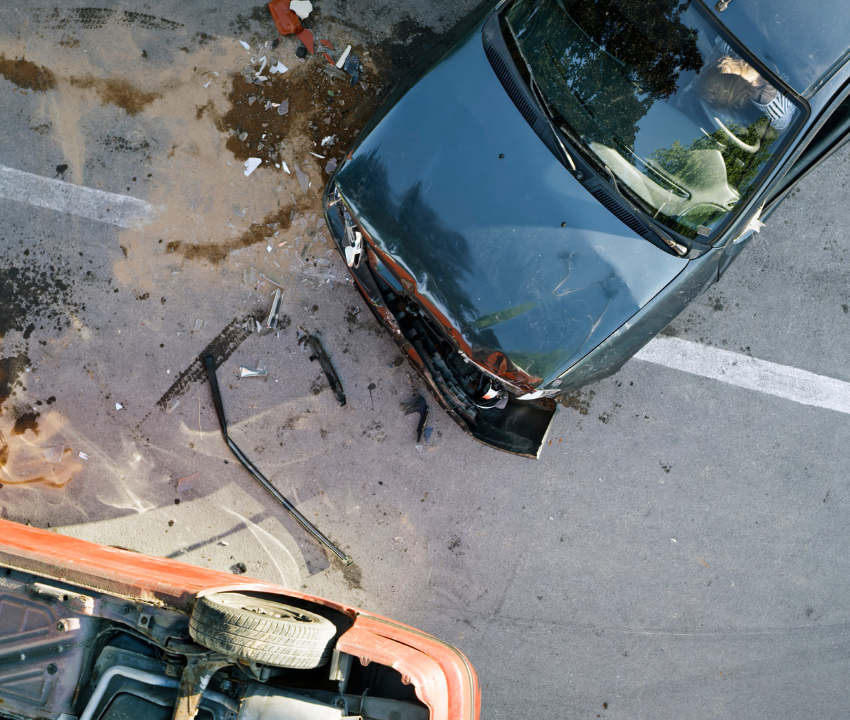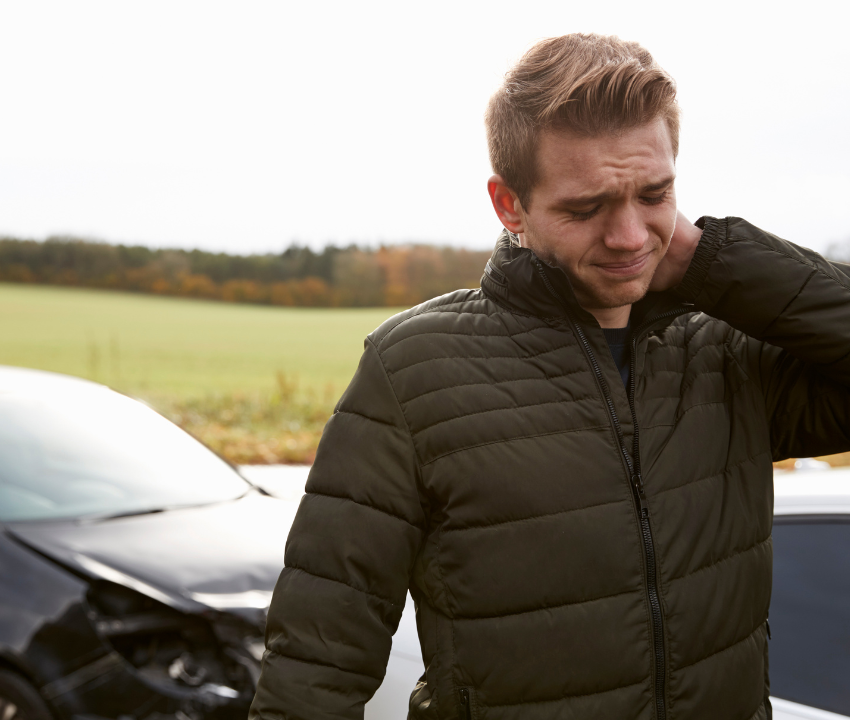What is a Concussion?
A concussion is technically known as a traumatic brain injury (TBI). While there are varying degrees of severity, a concussion will affect your brain function, and while this is usually temporary, it can become a situation where the effects linger. A concussion happens when an impact of some sort causes your head and brain to move rapidly back and forth, and your brain bounces around or twists in your skull. It’s easy to imagine a vehicle collision where you suddenly stop and your head does not. This type of crash can result in a concussion.
Concussion Symptoms and Signs
You can have immediate symptoms, but sometimes concussion symptoms don’t appear right away. It may take a few hours or even days after your car accident for concussion symptoms to develop. This is why it’s important to be aware of concussion symptoms and signs in the event of any impact or collision, no matter how mild they may seem at the outset.
Common signs and symptoms of a concussion can include:
• Headache
• Pressure in the head
• Temporary loss of consciousness
• Amnesia about the car crash
• Dizziness
• “Seeing stars”
• Ringing in the ears
• Nausea
• Vomiting
• Slurred speech
• Delayed response to questions
• Appearing dazed
• Fatigue
Other symptoms may show up later. These can include:
• Concentration problems
• Memory problems
• Sensitivity to light
• Sensitivity to noise
• Sleep disturbances
• Taste or smell disorders
Treating a Concussion After a Car Accident
The first step to getting treatment for a concussion is undergoing a proper diagnosis. Your auto injury doctor will likely conduct a neurological examination, which checks your vision, hearing, strength, sensation, balance, coordination and reflexes. Those with severe symptoms, such as severe headaches, seizures, unrelenting vomiting or symptoms that continue to get worse, may undergo an MRI or other diagnostic imaging tests.
Once your concussion from a car accident is diagnosed by a physician, treatment will likely vary and be tailored to your unique situation. However, most doctors will prescribe rest — which can include abstaining from any sports, reducing your school or workload, avoiding screens, reading and more. Medication may be prescribed, or other treatments may come into play if your injury is more severe.
Concussion Recovery
Your doctor will follow your recovery to monitor the symptoms of the patient’s concussion. No two concussions will heal exactly the same, so it’s vital to follow your doctor’s orders and report new or increasing symptoms as soon as they appear.
Symptoms of a concussion can be subtle, so make sure you are examined by a physician immediately following your accident, they can diagnose your concussion and can help you get on the road to recovery.
